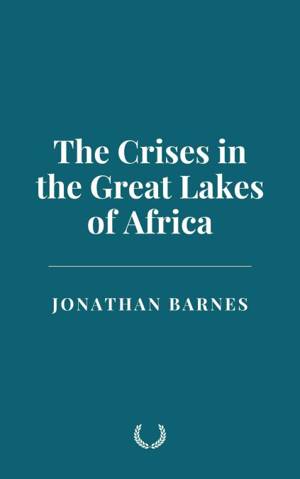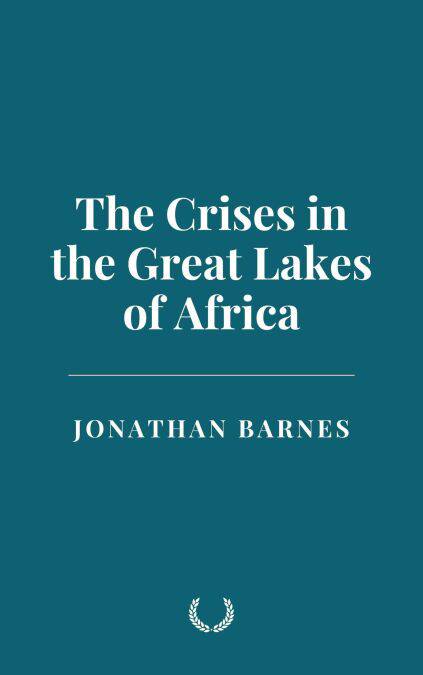
- Afhalen na 1 uur in een winkel met voorraad
- Gratis thuislevering in België vanaf € 30
- Ruim aanbod met 7 miljoen producten
- Afhalen na 1 uur in een winkel met voorraad
- Gratis thuislevering in België vanaf € 30
- Ruim aanbod met 7 miljoen producten
Omschrijving
This book provides a comprehensive examination of the complex and often tragic history of the Great Lakes region of Africa, focusing on the underlying causes and consequences of conflict, the challenges to governance, and the struggles for peace, justice, and development. Spanning multiple countries, including Rwanda, Burundi, Uganda, and the Democratic Republic of the Congo, the narrative traces the region's colonial history, the emergence of ethnic and political tensions, and the devastating wars that have shaped the lives of millions. The book analyzes the role of both local and international actors in fueling and attempting to resolve these conflicts, with a particular emphasis on the interplay between external interventions, resource exploitation, and regional politics.
Through deep historical analysis and the exploration of key concepts such as ethnic identity, the effects of colonialism, and the complexities of transitional justice, the book critically examines the legacies of violence and the long road to reconciliation. It highlights both the failures and successes of post-conflict peacebuilding efforts, including the role of grassroots movements, media, and international aid. The book also investigates the ongoing political and economic challenges in the region, offering a nuanced perspective on the prospects for stability, sustainable development, and democratic governance in the face of entrenched power dynamics, corruption, and a history of conflict. Ultimately, it offers a reflection on the region's enduring struggles and the potential pathways to a more peaceful and prosperous future, built on justice, reconciliation, and regional cooperation.
Specificaties
Betrokkenen
- Auteur(s):
- Uitgeverij:
Inhoud
- Taal:
- Engels
Eigenschappen
- Productcode (EAN):
- 9798230258223
- Verschijningsdatum:
- 19/01/2025
- Uitvoering:
- E-book
- Formaat:
- ePub

Alleen bij Standaard Boekhandel
Beoordelingen
We publiceren alleen reviews die voldoen aan de voorwaarden voor reviews. Bekijk onze voorwaarden voor reviews.









